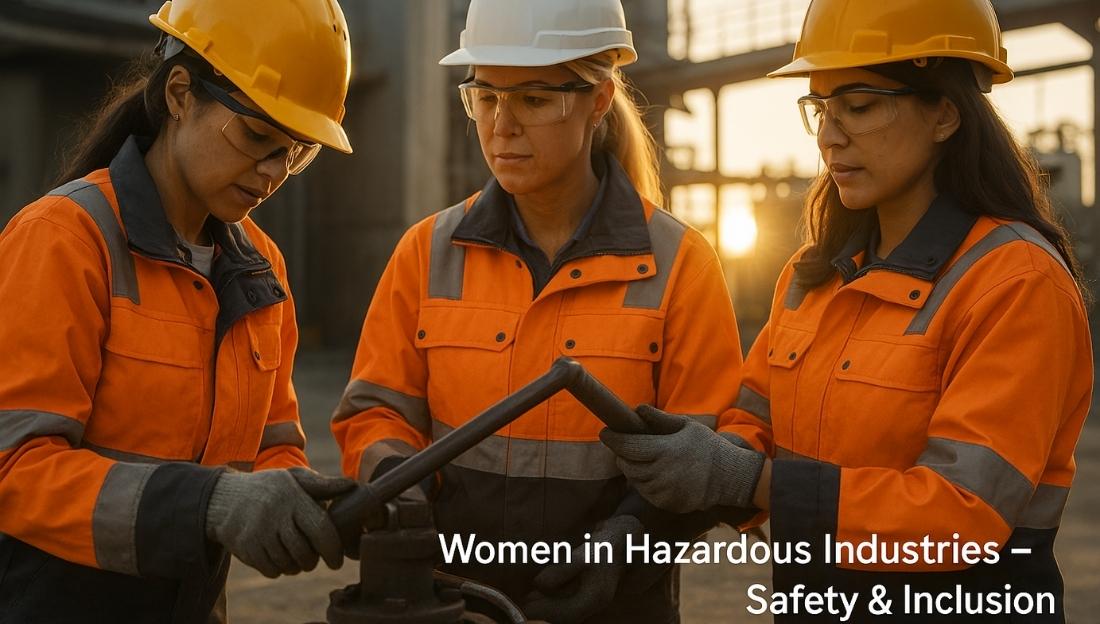The Tamil Nadu government has proposed amendments to the Tamil Nadu Factories Rules, 1950, allowing women to work in hazardous or dangerous industrial operations from which they were earlier barred.
Background
- Historically, women were prohibited from engaging in dangerous factory operations under labour safety provisions.
- Tamil Nadu has been progressively reforming labour laws — earlier, it allowed women to work night shifts in factories, subject to written consent and safety measures.
- The new proposal extends this empowerment by lifting restrictions on women working in about 20 hazardous operations.

Inclusion of Women in Hazardous Jobs
- Women can now be employed in operations involving chemicals, glass, lead, gas, petroleum, fireworks, tanning, pesticides, and high-noise industries.
- Only pregnant women and young persons remain excluded for safety reasons.
Written Consent for Night Shifts
- Factories must obtain written consent from women opting to work during night hours.
Focus on Equality
- The move aims to eliminate gender bias and promote women’s participation in all levels of industrial work.
- It challenges the traditional perception of women as “vulnerable” or “in need of protection.”
Challenges and Safeguards Needed
- Workplace Infrastructure: Factories must create gender-sensitive facilities, such as separate toilets, rest areas, changing rooms, and medical examination spaces.
- Health and Safety Measures: Proper protective gear, regular health checks, and training are vital in hazardous environments.
- Monitoring and Implementation: State Labour Departments must actively supervise implementation and prevent coercion of women into unsafe or unwanted roles.
- Avoiding Discrimination: Women should not face penalties for opting out of hazardous work due to health or family reasons.
Significance
- Marks a progressive shift toward gender parity in India’s industrial labour laws.
- Encourages greater economic participation of women, contributing to inclusive growth.
- Sets a precedent for other States to re-examine outdated restrictions and enable equitable opportunities in all sectors.
Conclusion
The reform is a welcome move toward gender inclusivity, but its success depends on creating safe, supportive, and well-equipped workplaces for women. Equality in law must be matched by equality in practice through robust safeguards and sensitivity.
This topic is available in detail on our main website.





